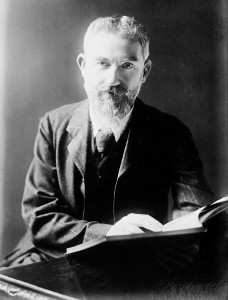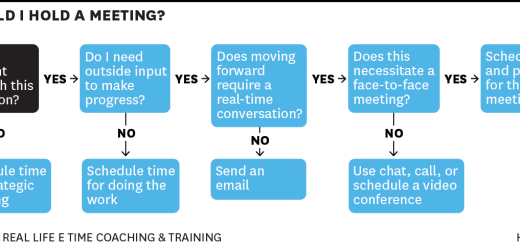Being unreasonable
 Ever since I read it as a child, I have been fascinated by the following quote, generally attributed to the great George Bernard Shaw:
Ever since I read it as a child, I have been fascinated by the following quote, generally attributed to the great George Bernard Shaw:
“The reasonable man adapts himself to the world; the unreasonable one persists in trying to adapt the world to himself. Therefore, all progress depends on the unreasonable man.”
We all have heard stories of great achievers who were very unreasonable in their demands and in their behaviors. Steve Jobs was never accused of being amiable, and apparently Issac Newton was rather insufferable as a person. Kennedy’s publicly announced goal of putting a man on the moon within a decade would not have been considered a reasonable ambition at the time. Gandhi refused to “be reasonable” and accept small concessions made by British colonialists, and Mandela refused to compromise with apartheid, regardless of the personal consequences for him.
Over the years in the corporate and consulting worlds, I have met my share of unreasonable over-achievers, and I am sure you have encountered some, too. Think of all the aggressive negotiators, the demanding bosses from hell, the perfectionists, the inventors, the hard-charging entrepreneurs or many other types of unreasonable people you might have come across.
They can be irritating, painful to endure and annoying. But is Shaw right in saying that we owe our progress to such people? And if “reasonable” can be approximated to “nice”, can Shaw’s quote above be loosely interpreted to mean, “Nice guys finish last”?
Unreasonably demanding people seem to create progress by pushing boundaries and driving change, even if this often happens at the cost of their personal happiness (and in many cases, of those around them). I find that they are perpetually dissatisfied and usually insecure, always feeling a need to validate themselves via their next achievement. By contrast, reasonable people, who adapt to things as they are, seem more happy with themselves and with the world around them but usually don’t achieve the “impossible” or the “unbelievable”.
What does this mean for you? Should you be reasonable and remain at peace or would you rather be unreasonable and push the limits of what’s considered permissible, acceptable or possible? Should you sacrifice some or all of your personal happiness in an attempt to make the world a better place? Or should you not bother with all of that and just have a good time at a pub instead?
Obviously, this is a personal choice for each one of us to make, but I think it is important that in any generation, at least a small fraction of the population makes the choice to be “unreasonable” in the Shaw-esque sense. If this didn’t happen, we might never have gotten ourselves out of the caves!
Steve Jobs summed it up well: “Here’s to the crazy ones, the misfits, the rebels, the troublemakers, the round pegs in the square holes… the ones who see things differently — they’re not fond of rules… You can quote them, disagree with them, glorify or vilify them, but the only thing you can’t do is ignore them because they change things… they push the human race forward, and while some may see them as the crazy ones, we see genius, because the ones who are crazy enough to think that they can change the world, are the ones who do.”


